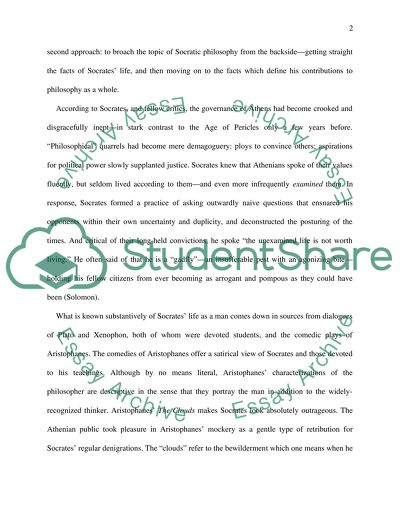Cite this document
(“Socrates Essay Example | Topics and Well Written Essays - 2000 words”, n.d.)
Retrieved from https://studentshare.org/miscellaneous/1549996-socrates
Retrieved from https://studentshare.org/miscellaneous/1549996-socrates
(Socrates Essay Example | Topics and Well Written Essays - 2000 Words)
https://studentshare.org/miscellaneous/1549996-socrates.
https://studentshare.org/miscellaneous/1549996-socrates.
“Socrates Essay Example | Topics and Well Written Essays - 2000 Words”, n.d. https://studentshare.org/miscellaneous/1549996-socrates.


